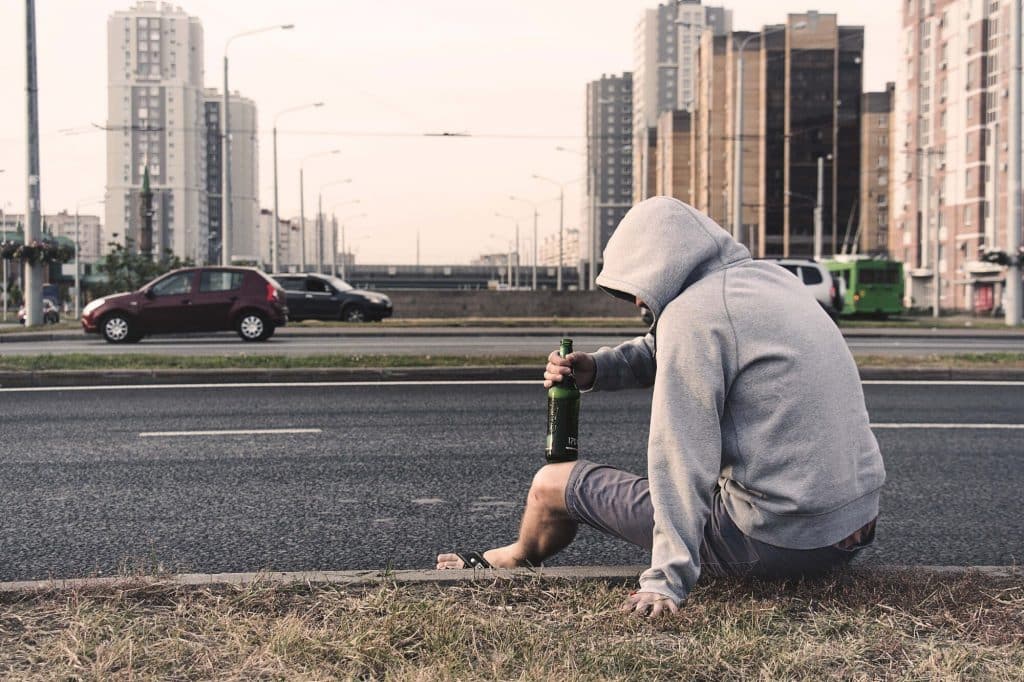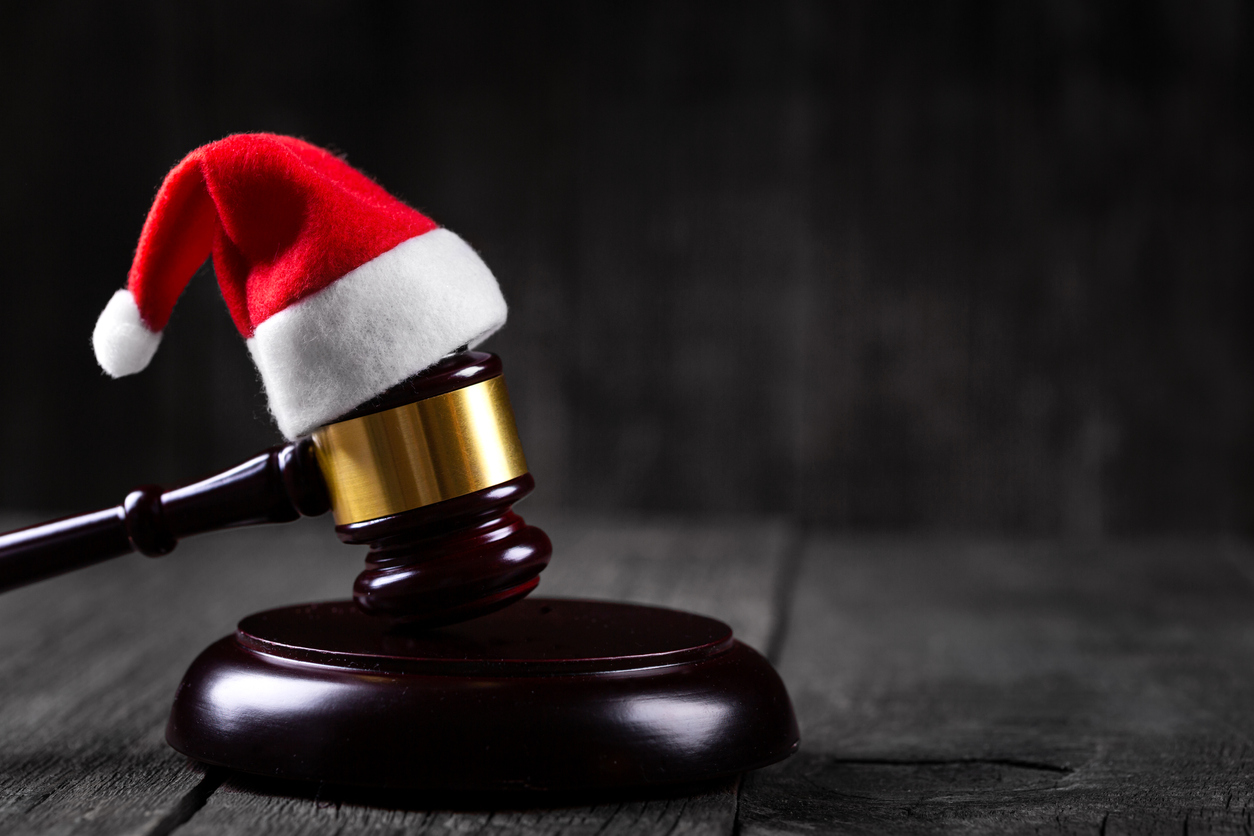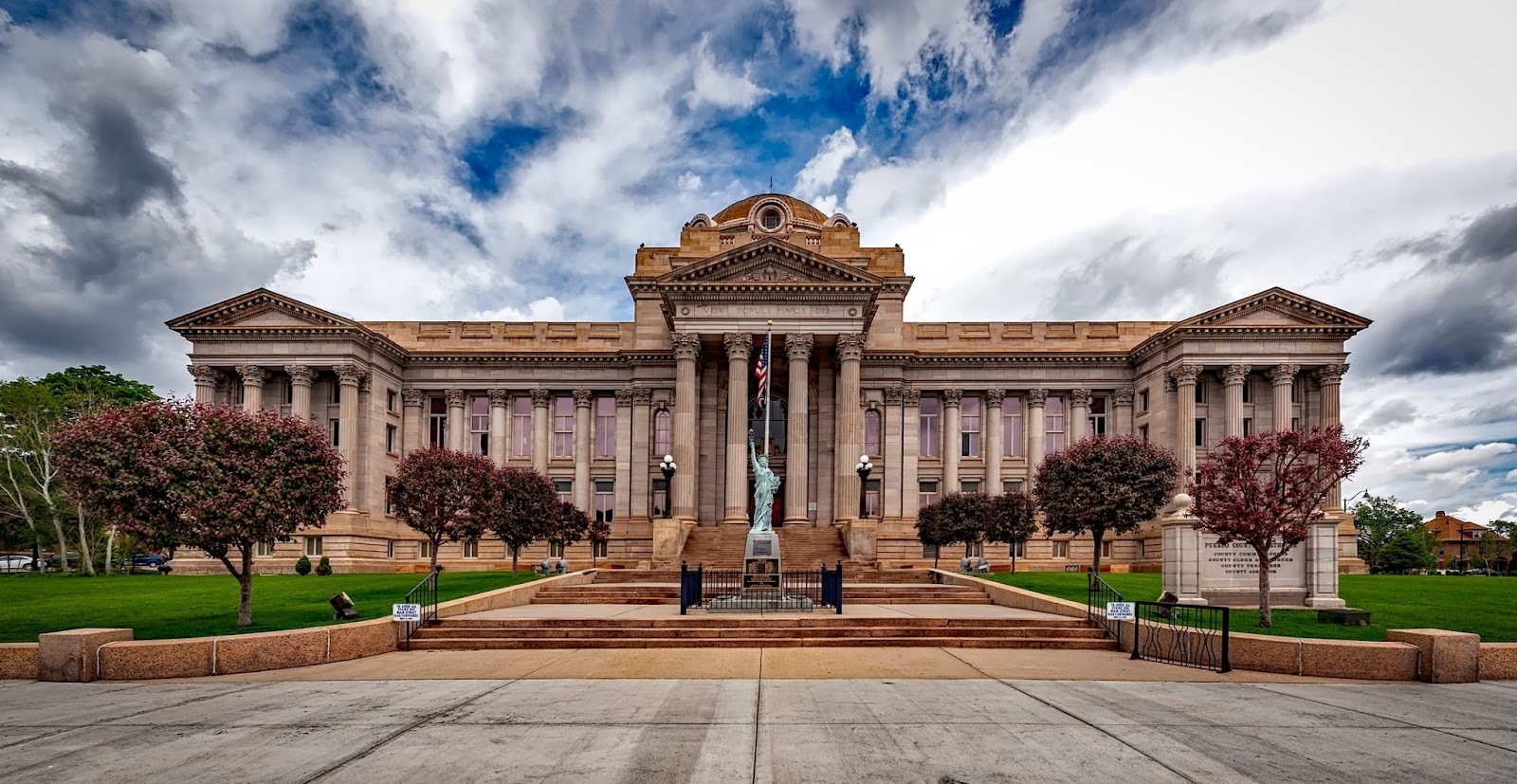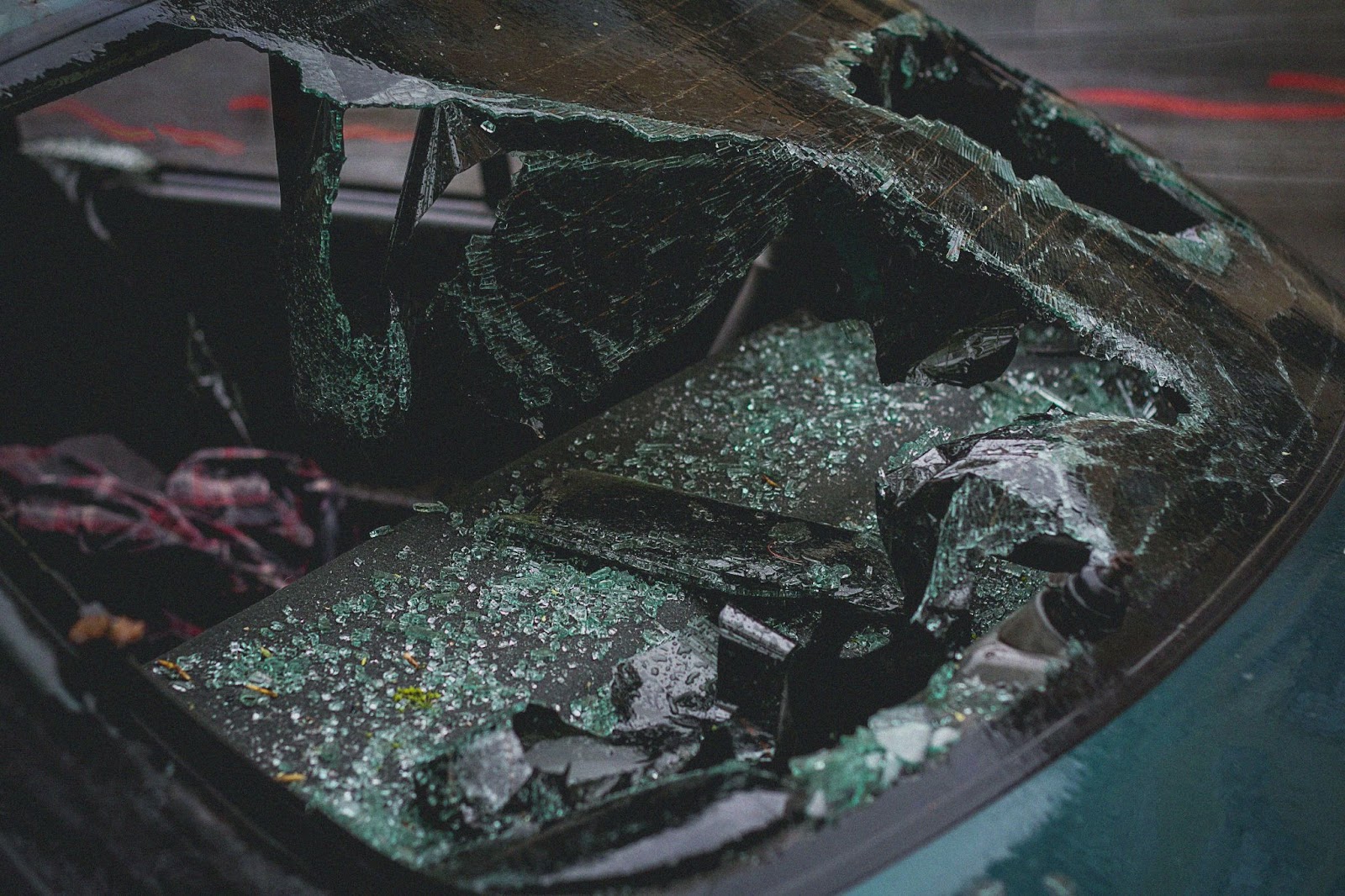Can you drink in public? Yes, you can drink in places like restaurants that serve alcohol. But the Commonwealth of Virginia, like most states, has public Intoxication laws, placing restrictions on being drunk or high in public.
“Intoxicated” means that your actions are inhibited by alcohol or drugs. If you are intoxicated in public, you could be arrested and taken to jail until you sober up..
Keep reading because in this post, we will break down the law for you and explain what defenses can be used if you or a loved one face this charge.
What is the law on public intoxication?
Virginia law states that if you are arrested for public drunkenness, you can be charged with a Class 4 Misdemeanor. A Class 4 Misdemeanor means that you can be fined up to $250, and you cannot be sentenced to jail for this charge.
With a public intoxication charge, the burden of proof is on the police officer who arrests or cites you. In other words, it is up to him or her to prove two things:
- You were drunk/intoxicated.
- You were in public.
The officer can prove the first point (intoxication) in two ways:
- Witnessing you behaving drunkenly (slurred speech, loss of control of movement, etc.)
- Administering a field sobriety test—keep reading to find out more about this.
- Recounting your admission that you are intoxicated or have had too much to drink.
As far as proving the second point (in public), the officer just has to prove that you could be witnessed by other people publicly. So you could be on private property (such as your own front yard)—and if you are drunk, then you can be charged. Other places considered public are restaurants, businesses, and streets/sidewalks.
There is some gray area as to whether some places are considered “public”—for instance, hotel hallways, college dorms, and parked cars. Cook Attorneys can help you navigate the specifics of this, as well as fight charges on your behalf.
What Else Should I Know?
Detoxification Center
According to Virginia law, the officer who arrests you can opt to have you taken to a detox center instead of the police station. However, you cannot be detained at such a facility against your will. You can still be charged with a misdemeanor.
Disorderly Conduct
In addition to public intoxication, you can be charged with disorderly conduct. Disorderly conduct is a Class 1 Misdemeanor, which means you could be fined up to $2,500 and/or placed in jail for up to 1 year. You do not have to be drunk to be charged with disorderly conduct. Many times, the charges go together, so be sure to contact Cook Attorneys if you have any questions about this or any other charge.
Field Sobriety Test
If the officer suspects you of being intoxicated by drugs or alcohol, he or she may have you perform a field sobriety test. Here are a couple of common questions about field sobriety tests:
What is a sobriety test? This may include asking you to stand on one leg, walk a straight line, follow a moving object with your eyes, etc. It does not have to be a “breathalyzer” test.
Can you refuse a field sobriety test? Yes, you are free to decline these tests and cannot be charged for refusing to do them. However, you can still be arrested and taken into the station where you would have to submit to a breath test.
Once you are arrested and transported to the jail or police station, the officer may ask you to take a breath test. This test can be used to prove that you were intoxicated; there is no penalty for refusing this test if you haven’t been driving.
How Can an Attorney Help?
An attorney can help you challenge the charge of public intoxication by requiring the police officer to prove that you were a) intoxicated and b) in public. If no sobriety test was performed, and the officer simply observed erratic behavior, the charge may not stick.
Similarly, if your attorney can make the case that you were not in public, that may end up being a good defense.
If you believe that you or a loved one have been wrongfully charged with public intoxication or disorderly conduct, contact Cook Attorneys today. Cook Attorneys are experienced in the best defenses against these charges, and we can save you time, money, headache, and hassle by helping you fight them in court.
Schedule a free consultation with a lawyer who will be on your team from start to finish.








